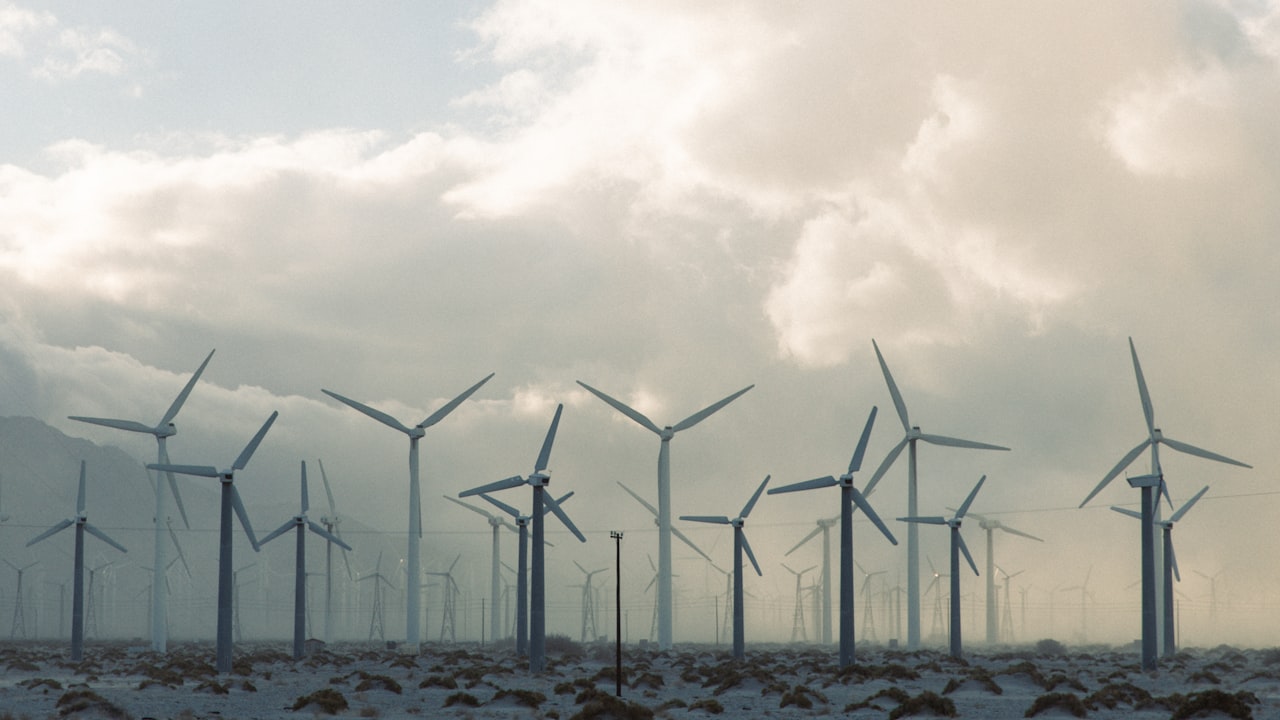Inverter generators generate excellently clean and stable power. An inverter generator combines two machines, an inverter, and a generator. The unit generates a regular AC in the first phase, which is transformed into DC and reconverted into AC. Converting the current into AC may seem pointless, but it provides the stability most electronics nowadays need.
In addition, they are an excellent source of portable power for RVs and other outdoor applications. Since inverter generators are expensive, their purchase requires solid knowledge and definite requirements. If you are searching for a high-quality product, visit the page: https://www.osiaspart.com/WEN-56235i-Super-Quiet-2350-Watt-Portable-Inverter-Generator.
But here are the factors you must consider when buying an inverter generator.
Factors You Must Consider When Buying an Inverter Generator
Power Needs
The first thing you need to take note of is your power requirements. What devices do you want your inverter generator to power up? Electric appliances require more startup energy and later subside to a lower electricity level for running.
For instance, a refrigerator requires 700 watts to operate, but its startup power is about 2100 watts. Similarly, TV and other devices require different starting power levels. So, buying a generator that outputs the required power is essential. Typical wattages in inverter generators are 1000, 2000, 3500, and 4000 watts.
Fuel Type
Naturally, an inverter generator needs a source to generate power. Commonly inverter generators use propane or gas. However, some models use solar energy as well. Usually, solar-powered inverter generators work best for areas with longer days, and they are also more eco-friendly.
However, using them at night requires a backup source which is not feasible for all users. Therefore, going with the gas ones is best. Gas operating inverter generators are eco-friendlier than fuel-powered traditional generators due to their minimal emissions. But the solar ones are greener.
Runtime
Considering runtime is also essential if your area has frequent power outages. Some models run for 5 to 6 hours maximum, while others can operate for consecutive 22 hours. So, it is up to you how much runtime you want. More runtimes demand more expense.
Portability
Most inverter generators are portable. However, as the power output and the size increase, the portability decreases. Although, bigger inverter generators are still carriable, but you'll have to whistle out a friend to help you. In contrast, inverter generators with smaller outputs are lightweight.
You must maintain a balance between power and portability. Purchasing a lighter inverter generator will cause you to lose power that may be beneficial in the future.
Noise
Mostly inverter generators are quiet (about 50 to 60 decibels). But some do have higher noise levels. Therefore, you must pick a unit that operates with minimal noise if you have neighbors or using it while camping.
Finding the suitable noise level in an inverter has no definite rules. You will have to take the traditional pick and test approach to select the right one.
Budget
The budget dictates your final decision. Since inverter generators are more expensive than traditional generators, you’ll need a reasonable upfront. However, it would be best if you found a balance between need fulfillment and budget. Inexpensive and small inverter generators are not flexible if your power needs increase.
Conclusion
Inverter generators have numerous benefits. They are fuel efficient, portable, and comfortably silent. However, they are relatively expensive because they use batteries for the inversion process.
Investing in an inverter generator is a good choice; however, you must pick a unit which provides performance and money value. Although the budget is an issue when making such high-level purchases, it is best to go with the piece which matches your needs (like if you need longer runtime and more power compromise a bit on the portability). Always remember, a good buy is eternal, and a cheaper one is recurrent!


